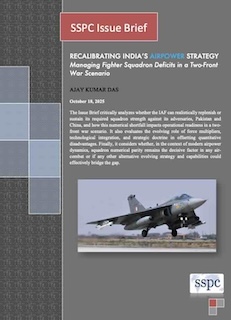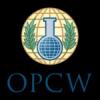50 Years of the Biological Weapons Convention: Tracking the Journey
50 Years of the Biological Weapons Convention: Tracking the Journey (Editor: Ajey Lele, Pentagon Press/MP IDSA, 2025) is a tribute to the Biological Weapons Convention (hereinafter referred to as the BWC), in its Golden Jubilee year (2025), which has been “a foundational pillar of global disarmament and non-proliferation.” The book has five sections, comprising 14 chapters contributed by renowned Indian and international researchers, scholars, academicians, scientists





